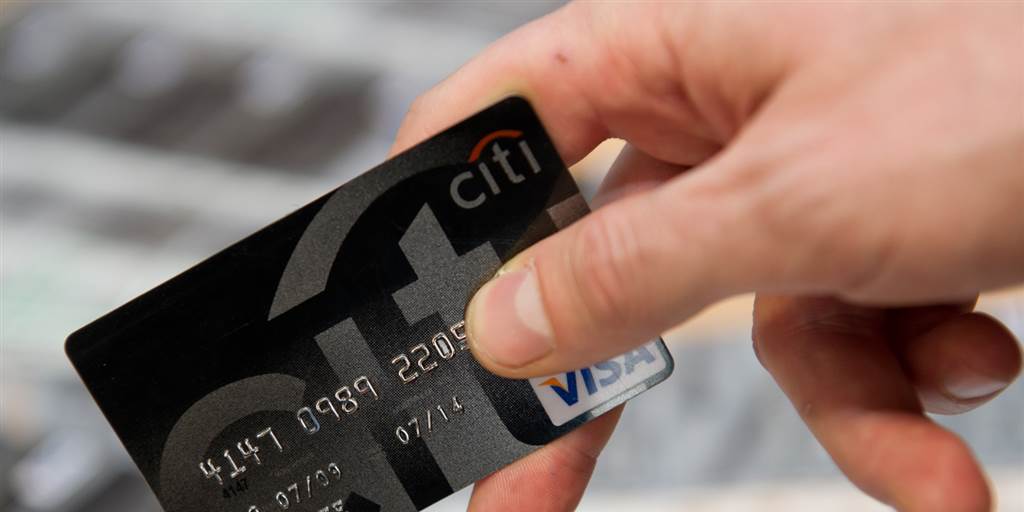The credit card market in India is expected to grow at a CAGR of around 25% between 2020 and 2025. It is representative of the changing attitude toward such cards. Today, more individuals are ready to acquire and expand through these cards than ever.
However, before you apply for one, it is integral to know how to pay credit card bill to complete the process without any hassle and avoid any financial burdens in the future.
How do credit card payments work?
When you acquire a credit card, the first thing you must understand is its billing cycle. It is nothing but the period between two successive statements generation dates. For instance, if your first credit card statement is raised on March 15 and the second one on April 15, the period in between these two dates is your credit card’s billing cycle.
It can differ from one card-issuing company to another as well as from one card to another. However, generally, it tends to range between 27 and 31 days. Any expenses you incur through your credit card in one billing cycle are raised in the associated statement. If you fail to pay the bill in full in the same month, the outstanding dues are transferred to the next billing cycle. While it is always an option, delaying your monthly credit card debt can hurt your credit profile in the long run.
It is one of the basic tips on how to use a credit card wisely. Defaulting on monthly liabilities can also hamper your credit rating, limiting your potential to avail loans in the future.
CIBIL score and credit card bill payments: How do they connect?
When looking for how to pay the credit card bill, one must understand the repercussions of delaying such payments as well. Credit cards offer pre-approved, short-term loans to eligible applicants. Thus, clearing your bills each month is akin to repaying your dues for an advance through EMIs. Thus, timely payments help build your credit portfolio, ensuring greater creditworthiness.
On the other hand, failure to service entire credit card bills at the end of a billing cycle will result in substantial interest charges on your dues. Additionally, it will hamper your overall credit rating. Following the tips mentioned below should help credit card users maintain their scores –
- Service bills in full rather than paying the minimum amount – You will notice that credit card statements include a total outstanding amount and a minimum payment amount. The former is your total liability for the month, while the latter is the minimum payment that you would need to make to avoid penalty charges. Even though the minimum payment may sound tempting, ensure you clear payments in full every time to avoid any carryover that attracts interest. It would also result in hurting your credit score in the long term.
- Keep your fixed obligation to income ratio low – Apart from the monthly bill settlements, credit card users should minimize credit usage as well. Limiting your dues to around 50% of the credit limit is a wise decision. Doing so should help reduce your monthly liabilities, allowing for convenient repayment.
The points mentioned above reveal how you can use a credit card to improve your credit score. Besides letting you avail of loans in the future, an impressive CIBIL rating will also help you avail a higher credit limit for your card after a year or two of use. The history of timely repayments will serve as an encouragement for credit card issuing companies to increase this pre-sanctioned spending limit. Comprehending how to pay a credit card bill is essential in increasing your limit on the card.
Cards like the Bajaj Finserv RBL Bank SuperCard offer easy EMI conversion of dues as well. This facility can help defer the monthly liability and eliminate any dues, thus reducing the financial burden significantly.
The card issuer also provides pre-approved offers to simplify and hasten the process of credit application. These offers are available on a wide range of financial products, including personal loans, business loans, and more. You can check your pre-approved offer by submitting your phone number and name.
After checking the eligibility, one should consider how to apply for a credit card to ensure a simpler application procedure. Also, make a point to check your repayment capability before you start expanding through your card.

